The 350m-long vessel, named AP Møller, adds to Maersk's growing fleet with the ability to run on methanol and traditional marine fuels.
Source: https://vimc.co/ga-khong-lo-van-tai-maersk-ra-mat-tau-chay-bang-nhien-lieu-methanol-kep-giup-giam-280-tan-co2-ngay/Green methanol-powered ships could save up to 280 tonnes of CO2 per day
Speaking on CNBC’s “Squawk Box Asia,” Ditlev Blicher, president of Maersk Asia Pacific , said the vessels represent the latest technology available to help the shipping industry reduce its carbon footprint. “This technology allows the industry to transition from black or fossil fuels to e-methanol, or green methanol, which significantly reduces the carbon footprint of conventional shipping,” Blicher explained. Maersk defines green fuel as a fuel that reduces greenhouse gas emissions by at least 65 percent over its lifecycle compared to fossil fuels. Although primarily produced from fossil fuels, methanol can also be produced from sustainable renewable energy sources, according to the International Renewable Energy Agency. Maersk says that vessels powered by green methanol can save up to 280 tons of CO2 per day, which is a key step in its goal of achieving net zero emissions by 2040. Furthermore, green methanol has a lower sulfur content, which helps reduce sulfur oxide emissions – a pollutant that contributes to air pollution and acid rain, according to the World Economic Forum. Blicher revealed that the AP Møller is the ninth of 25 dual-fuel vessels that Maersk plans to complete by 2027. Replacing just 12 “conventional” vessels with large dual-fuel methanol vessels could save 1.5 million tons of CO2 – nearly double the emissions of the city of Copenhagen in 2022. What’s the future of shipping? As the world’s largest shipping company, Maersk is leading the way, with around 170 dual-fuel methanol vessels on order from across the industry. The industry still needs more support to transition away from fossil fuels, especially given the higher costs of methanol production, Blicher said. He predicted that change would come from regulations that reduce the incentives to use fossil fuels, such as increasing the price of black fuels to reflect their true economic impact. However, while building a foundation of scale is important, he said the industry still needs more support to transition away from fossil fuels, given the higher costs of methanol production. Singapore, the world’s largest ship bunker port, has led many initiatives to promote sustainable shipping. Murali Pillai, Singapore’s Minister for Law and Transport, said the arrival of the AP Møller reinforces the country’s commitment to reducing greenhouse gas emissions. He expressed his delight at the partnership with Maersk and looked forward to continuing efforts to make Singapore a leading hub for new marine fuels. Notably, Maersk raised its full-year revenue forecast in October after reporting strong third-quarter results, with revenue reaching $15.8 billion, up from $12.1 billion a year earlier, thanks to strong demand and rising prices due to disruptions in the Red Sea.According to CNBC


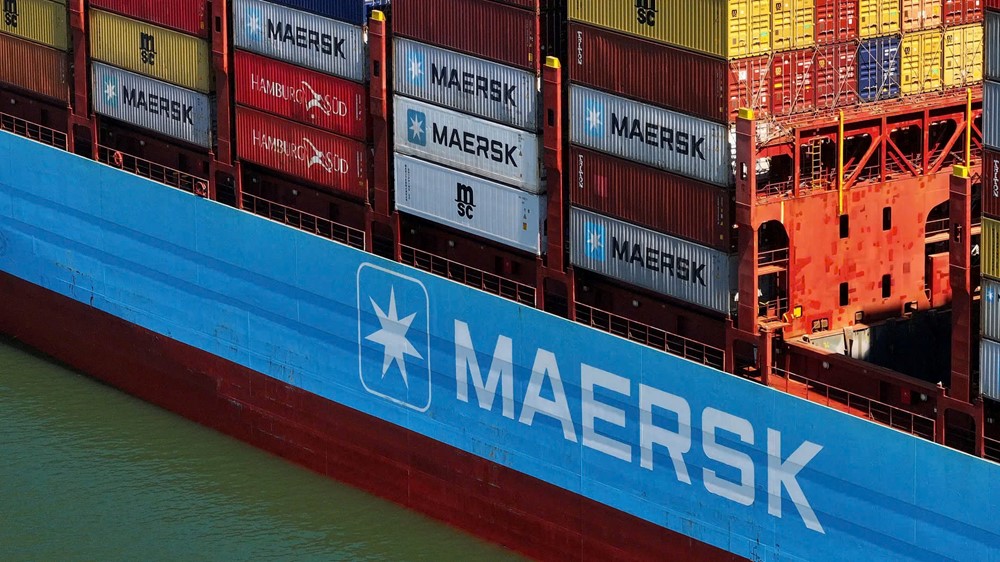
![[Photo] Hue: Inside the kitchen that donates thousands of meals a day to people in flooded areas](https://vphoto.vietnam.vn/thumb/1200x675/vietnam/resource/IMAGE/2025/10/29/1761738508516_bepcomhue-jpg.webp)

![[Photo] Flooding on the right side of the gate, entrance to Hue Citadel](https://vphoto.vietnam.vn/thumb/1200x675/vietnam/resource/IMAGE/2025/10/28/1761660788143_ndo_br_gen-h-z7165069467254-74c71c36d0cb396744b678cec80552f0-2-jpg.webp)

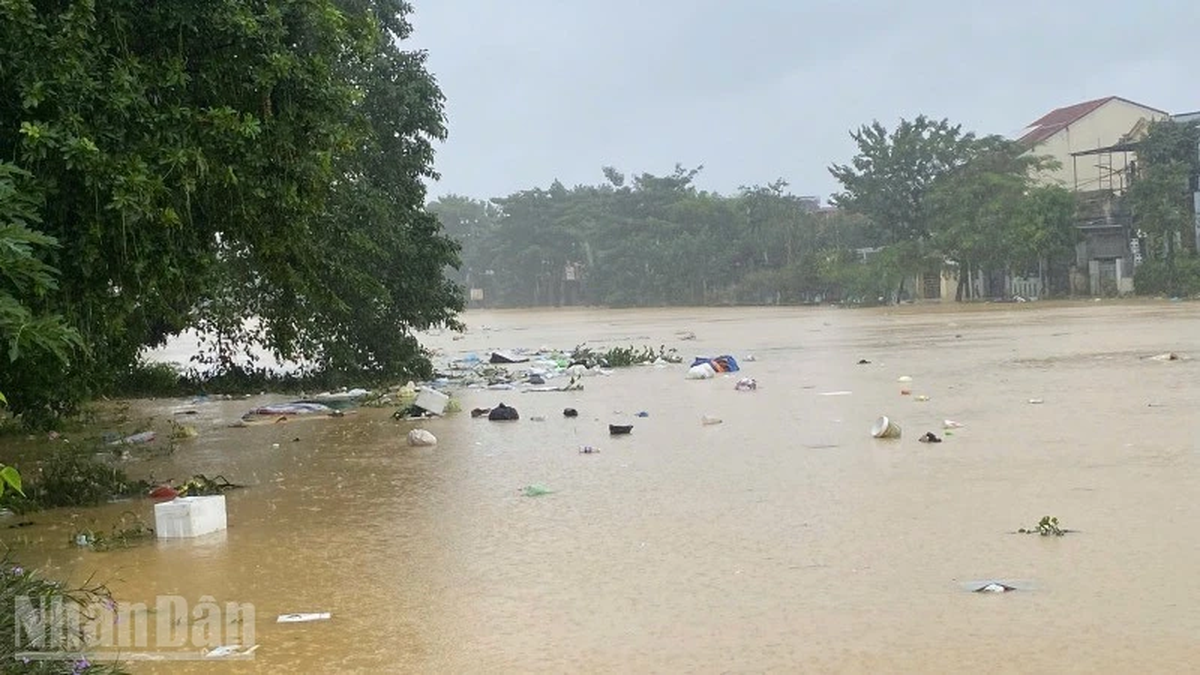
![[Photo] Prime Minister Pham Minh Chinh chaired a meeting to discuss solutions to overcome the consequences of floods in the central provinces.](https://vphoto.vietnam.vn/thumb/1200x675/vietnam/resource/IMAGE/2025/10/29/1761716305524_dsc-7735-jpg.webp)
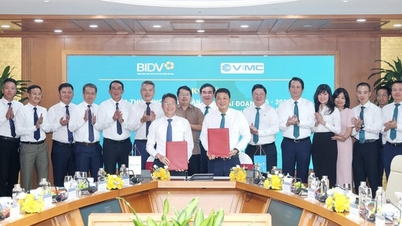



![[Maritime News] Maersk announces positive results in the first half of 2025](https://vphoto.vietnam.vn/thumb/402x226/vietnam/resource/IMAGE/2025/8/20/d9f3704e9e8647a0ade1f6e2309d75d1)
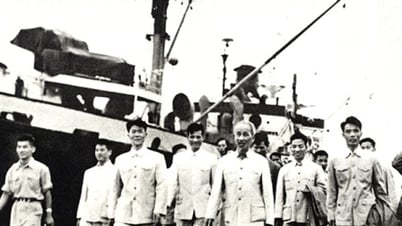


![[Maritime News] Two Evergreen ships in a row: More than 50 containers fell into the sea](https://vphoto.vietnam.vn/thumb/402x226/vietnam/resource/IMAGE/2025/8/4/7c4aab5ced9d4b0e893092ffc2be8327)


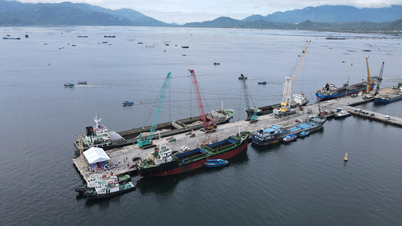









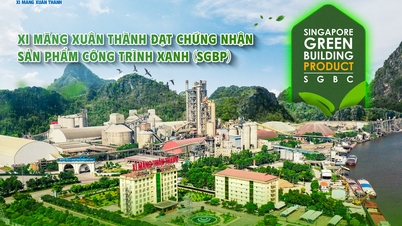




































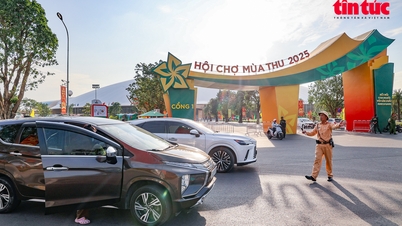

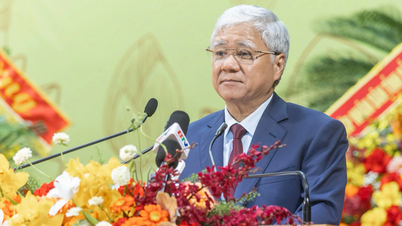
![[Infographic] Vietnam's socio-economic situation in 5 years 2021-2025: Impressive numbers](https://vphoto.vietnam.vn/thumb/402x226/vietnam/resource/IMAGE/2025/10/29/1761730747150_anh-man-hinh-2025-10-29-luc-16-38-55.png)


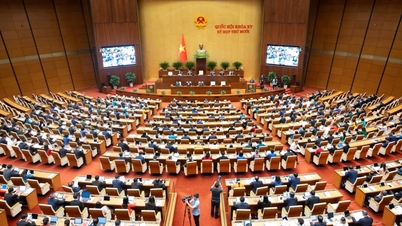

![[Live] Concert Ha Long 2025: "Heritage Spirit - Brightening the Future"](https://vphoto.vietnam.vn/thumb/402x226/vietnam/resource/IMAGE/2025/10/29/1761743605124_g-anh-sang-am-thanh-hoanh-trang-cua-chuong-trinh-mang-den-trai-nghiem-dang-nho-cho-du-khach-22450328-17617424836781829598445-93-0-733-1024-crop-1761742492749383512980.jpeg)





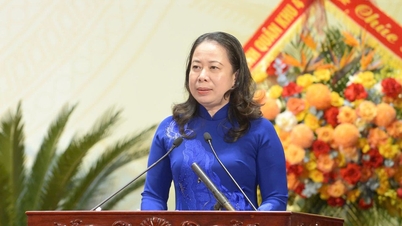

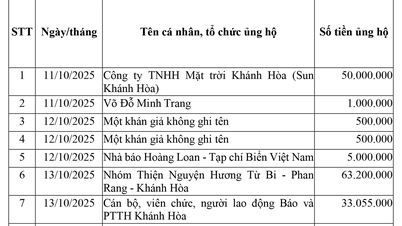

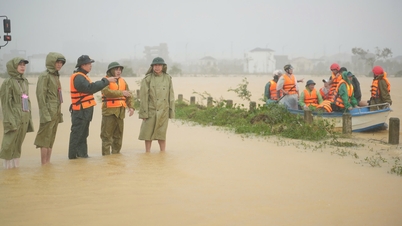

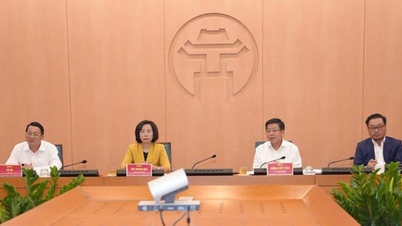

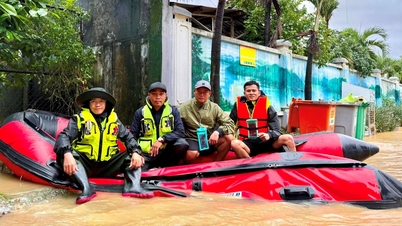
















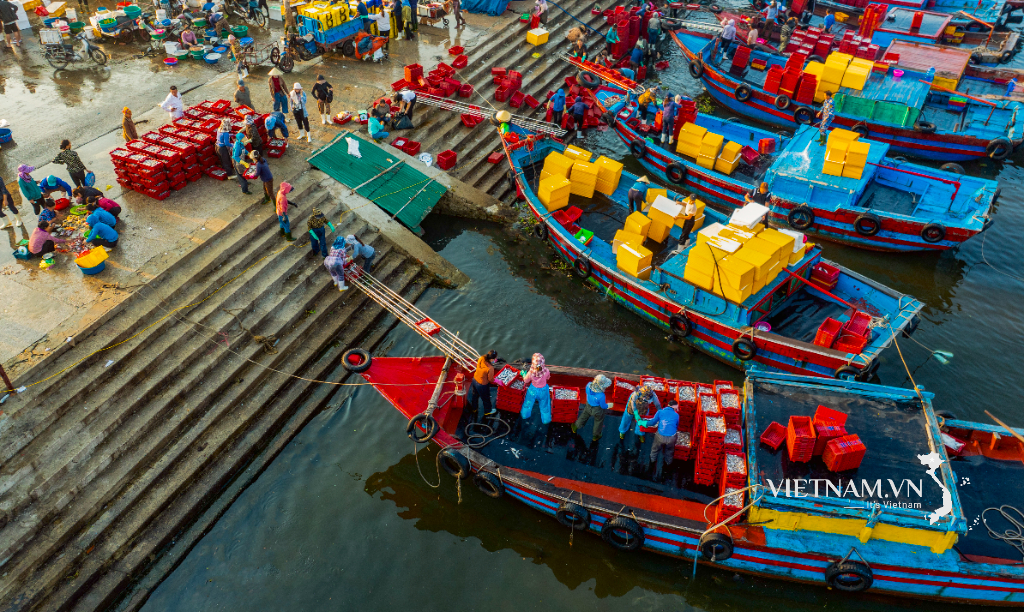

Comment (0)